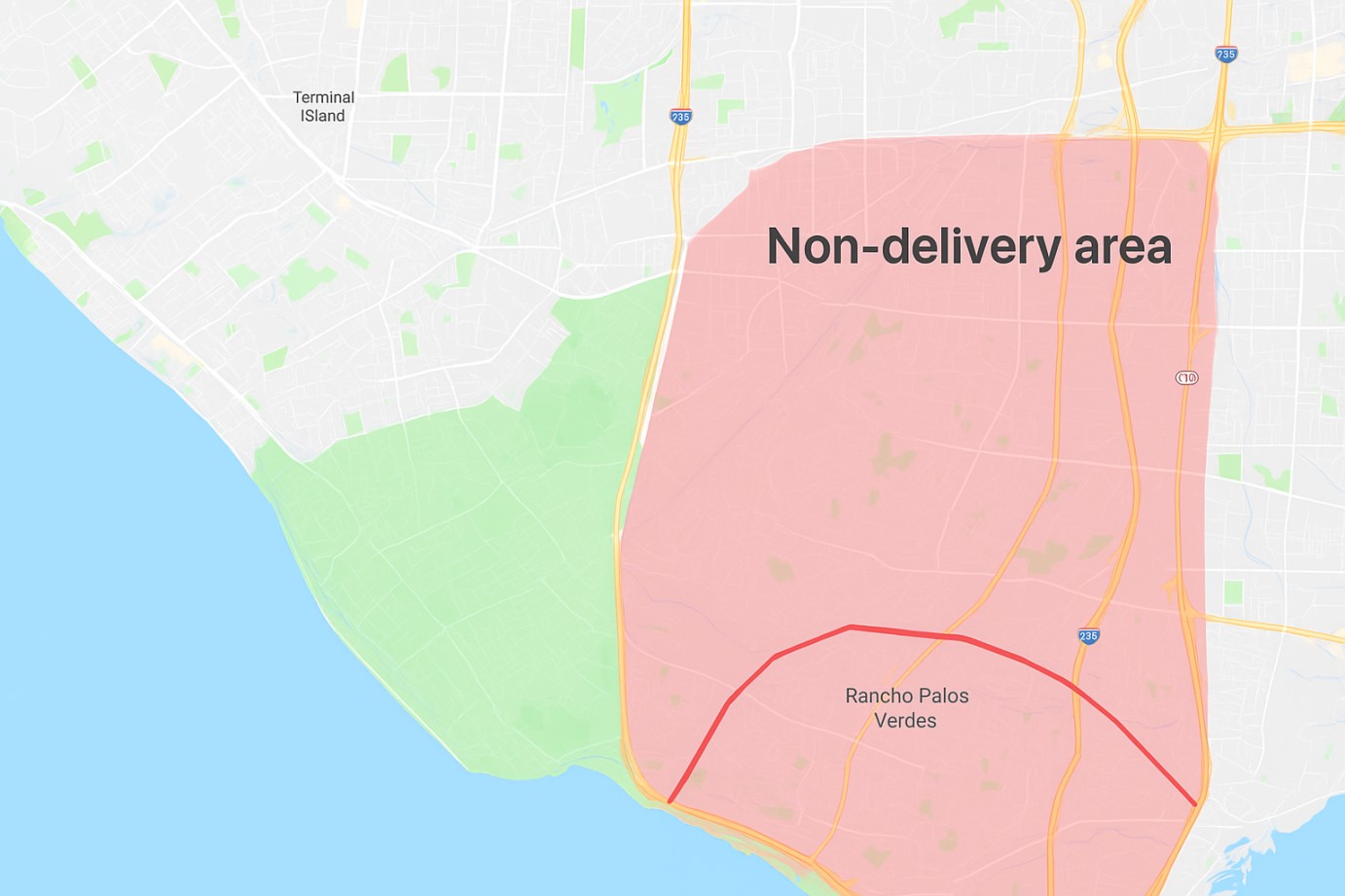This website uses cookies so that we can provide you with the best user experience possible. Cookie information is stored in your browser and performs functions such as recognising you when you return to our website and helping our team to understand which sections of the website you find most interesting and useful.
Before diving in, here’s a quick rundown of the parameters you’ll be working with:
- $query_data: Custom query data in an array.
- $query: The SQL query as a string.
- $query_time: Time spent on the query in seconds (float).
- $query_callstack: Comma-separated list of calling functions (string).
- $query_start: Start time of the query as a Unix timestamp (float).
Example 1: Basic Hook Registration
Here’s how you can register the log_query_custom_data filter with a simple callback function.
function weplugins_modify_log_query_custom_data_defaults($query_data, $query, $query_time, $query_callstack, $query_start) {
// Customize $query_data according to your needs.
return $query_data;
}
// Add the filter
add_filter("log_query_custom_data", "weplugins_modify_log_query_custom_data_defaults", 10, 5);
Example 2: Removing the Hook
If you need to remove the filter for some reason, here’s how you can do it.
remove_filter("log_query_custom_data", "weplugins_modify_log_query_custom_data_defaults", 10, 5);
Ensure you use the same callback function name, priority, and number of arguments to successfully remove it.
Example 3: Conditional Data Modification
Adjust the $query_data conditionally based on your site’s needs.
function weplugins_conditional_modify_query_data($query_data, $query, $query_time, $query_callstack, $query_start) {
if ($query_time > 1) { // Example condition
$query_data['slow_query'] = true;
}
return $query_data;
}
add_filter("log_query_custom_data", "weplugins_conditional_modify_query_data", 10, 5);
Explore the latest in WordPress
Trying to stay on top of it all? Get the best tools, resources and inspiration sent to your inbox every Wednesday.




